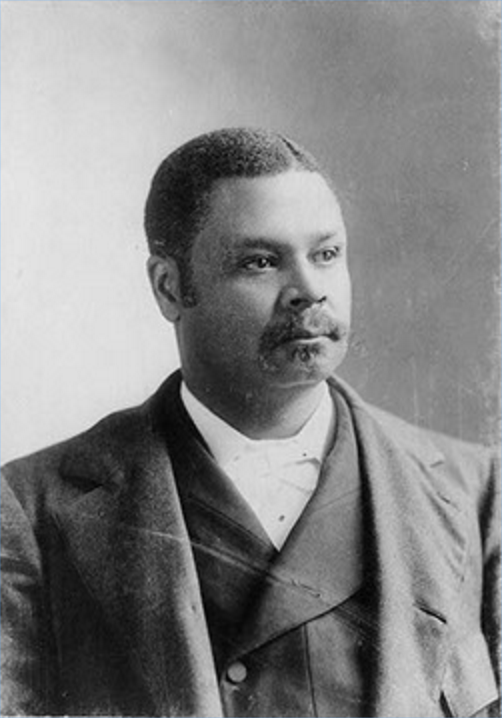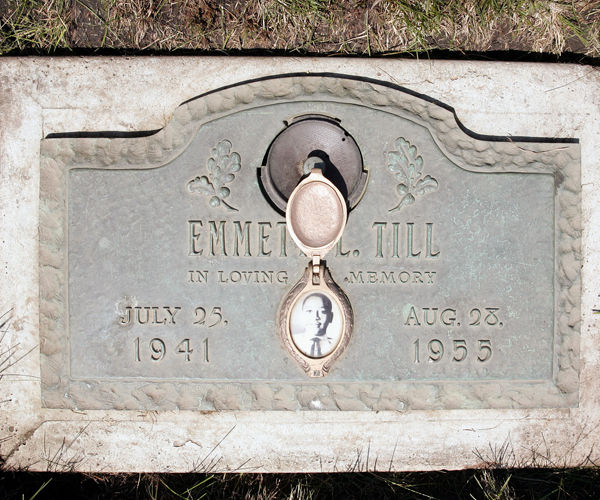Banquet to Honor Congressman George Henry White, Early Civil Rights Leader
- GHW Info
- Jan 12, 2016
- 4 min read
OFFICIAL PRESS RELEASE
Banquet to Honor Congressman George Henry White, Early Civil Rights Leader

One of America’s most distinguished early civil rights leaders, Congressman George Henry White (R-NC), will be honored at an anniversary banquet at Duke University, Durham, N.C., on January 29, 2016. The banquet marks the 115th anniversary of White’s momentous “farewell address” on the floor of the U.S. House of Representatives, regarded by many as one of the greatest orations of the 20th century.
The main speaker for the evening will be Rep. G. K. Butterfield, Jr. (D-NC), of Wilson, who has represented North Carolina’s First District since 2004. Rep. Butterfield, former associate justice of the N.C. Supreme Court and current chairman of the Congressional Black Caucus, will discuss George White’s career and legacy. More than 200 persons are expected to attend the banquet, to be held at the Searle Conference Center on the Duke campus.
Sponsors include the Phoenix Historical Society, Inc., of Tarboro; the Benjamin & Edith Spaulding Descendants Foundation (BESDF), Inc., with headquarters in Durham; the George H. White Bar Association, Inc., of Durham; the Concerned Citizens of Whitesboro (CCW), Inc., of Whitesboro, N.J.; Ebenezer Presbyterian Church of New Bern, founded by White; the North Carolina Black Masons, which White served as statewide grand master in the 1890s; and the Living Descendants of George Henry White.
A proclamation honoring White will be introduced at the banquet by Durham City Council member Eddie Davis, with additional tributes offered by the N.C. Masons and the NAACP. Musical entertainment will be provided by the North Carolina Central University Jazz Ensemble, led by Arnold George.
Former Rep. White (1852-1918) of Tarboro, who served in Congress from 1897 to 1901, was the only African American member of Congress during his tenure and the last to serve in the U.S. House until 1929. His farewell address, delivered at the end of his second term, on January 29, 1901, called for fairer treatment of the nation’s 10,000,000 African Americans and restoration of their political rights.
In that speech, White summarized the progress of African Americans since emancipation and offered details of racial intimidation and violence in the South during the “Jim Crow” era, including the recent disfranchisement of black voters. His call for political equality and fairer treatment of African Americans foreshadowed the modern civil rights movement of the 1960s; his speech has been compared to the “I Have a Dream” speech delivered in 1963 by Rev. Martin Luther King, Jr.
White’s prophecy that “Phoenix-like, he [the Negro] will rise up some day and come again” to Congress, was fulfilled by the 1928 election of Rep. Oscar S. DePriest (R-Illinois). The next African Americans from the South to serve in the U.S. House were elected in 1970.
Presiding at the banquet will be BESDF steering committee member Stephen Spaulding. Representing their organizations will be Vincent Spaulding, BESDF chief operating officer; Mavis Stith of Tarboro, president of the Phoenix Historical Society, Inc.; Durham attorney Antoinette Burwell, president of the GHW Bar Association; and Toby Fitch, statewide grand master of the N.C. Masons. Rev. Robert Johnson of Ebenezer Presbyterian Church, New Bern, will offer the invocation; Rev. Jimmie Hawkins of Covenant Presbyterian Church of Durham will deliver the benediction.
White was perhaps best-known for his 1900 anti-lynching bill, proposed after a sustained outbreak of lynchings in the late 1890s. Although never enacted, the 1900 bill would have created a federal law enforcement agency to investigate lynchings, and would have made such mob violence a capital crime. After declining to seek renomination in 1900, White retired from office in 1901, but remained an active leader in a number of national civil rights organizations, including the National Afro-American Council, the U.S. Constitution League, and the NAACP.
A graduate of Howard University, White was born in Bladen County, North Carolina, in 1852, and raised in Columbus County by his father, Wiley Franklin White, and stepmother, Mary Anna Spaulding White. After serving as a teacher and principal in New Bern, North Carolina, White served in both houses of the N.C. General Assembly and two terms as solicitor of the state’s Second Judicial District.
After leaving Congress, White moved in 1906 to Philadelphia, Pennsylvania, where he practiced law and served as an assistant city solicitor from 1917 until his death in 1918. He also founded the city’s first black-owned commercial bank, People’s Savings Bank, in 1907, and remained active in local Republican politics. His land development company founded the town of Whitesboro in Cape May County, New Jersey, in 1903, as a refuge for black Americans fleeing Jim Crow-era political repression and violence in the South.
Banquet tickets cost $55 each. Information on tickets is available from Milton Campbell, by email at Campbellmilton@gmail.com, or cell phone, 919-308-4252, or by contacting representatives of the sponsoring organizations. Business attire is required. Checks should be payable to BESDF, Inc., and mailed no later than January 18, 2016.
Additional information on other programs and activities to promote the life and legacy of George White is available online at www.georgehenrywhite.com.
[Note: Submitted by Vincent Spaulding, COO, Benjamin & Edith Spaulding Descendants Foundation, Inc., Cary, N.C.; telephone (202) 441-3589 ]






Comments